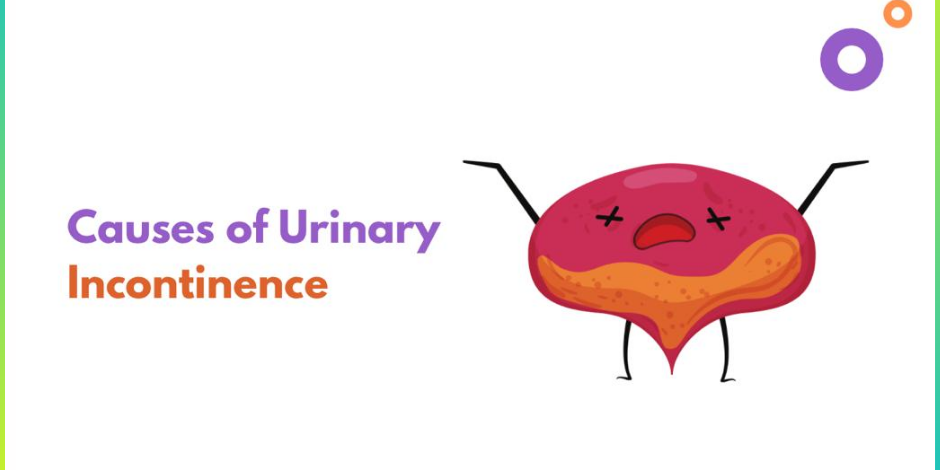1. Weak Pelvic Floor Muscles
One of the most common causes of urinary incontinence is the weakening of the pelvic floor muscles. These muscles support the bladder and control the release of urine. Factors such as childbirth, aging, obesity, and certain surgeries can weaken these muscles, leading to stress incontinence. When the muscles are weak, any increase in abdominal pressure, such as coughing, sneezing, or lifting heavy objects, can cause urine leakage.
2. Overactive Bladder
An overactive bladder (OAB) is characterized by a sudden, uncontrollable urge to urinate, often leading to urge incontinence. This condition is caused by involuntary contractions of the bladder muscles, which can occur even when the bladder isn’t full. Common triggers include consuming caffeine, alcohol, or spicy foods, as well as stress and anxiety.
3. Hormonal Changes
Hormonal changes, especially in women, can significantly impact urinary continence. During menopause, the decrease in estrogen levels can lead to thinning of the urethral lining and weakening of the pelvic floor muscles, making it difficult to control urine flow. Pregnancy and childbirth also contribute to hormonal shifts that can lead to temporary or long-term incontinence.
4. Prostate Issues
In men, the prostate gland plays a crucial role in urinary function. Enlargement of the prostate (benign prostatic hyperplasia or BPH) can obstruct the urethra, causing urinary retention and overflow incontinence. Additionally, prostate surgeries, such as prostatectomy, may damage nerves or muscles, leading to incontinence.
5. Neurological Disorders
Certain neurological conditions, such as Parkinson’s disease, multiple sclerosis, stroke, and spinal cord injuries, can disrupt the nerve signals between the brain and the bladder. This disruption can cause a loss of bladder control, leading to both urgency and overflow incontinence.
6. Medications
Some medications can contribute to urinary incontinence as a side effect. Diuretics, commonly prescribed for high blood pressure, increase urine production, leading to more frequent urination and potential leakage. Sedatives, muscle relaxants, and certain antidepressants can also affect bladder control.
7. Infections and Inflammation
Urinary tract infections (UTIs) and bladder inflammation (cystitis) can temporarily cause incontinence. These conditions irritate the bladder lining, leading to a strong urge to urinate and potential leakage. Once the infection is treated, the incontinence usually resolves.
8. Lifestyle Factors
Lifestyle habits, such as excessive alcohol and caffeine consumption, smoking, and being overweight, can contribute to urinary incontinence. These factors can irritate the bladder, increase urine production, or put extra pressure on the bladder, leading to leakage.
9. Chronic Health Conditions
Chronic conditions, like diabetes, can also affect bladder function. High blood sugar levels can lead to increased urine production, and nerve damage from diabetes (diabetic neuropathy) can impair bladder control.
10. Aging
As the body ages, the muscles and tissues that support the bladder and urethra naturally weaken, making incontinence more likely. Additionally, aging can lead to a decrease in bladder capacity and an increase in involuntary bladder contractions, contributing to urinary leakage.
Conclusion
Urinary incontinence can be caused by a wide range of factors, from weak pelvic floor muscles to chronic health conditions. Identifying the underlying cause is the first step toward effective treatment. If you or someone you know is struggling with urinary incontinence, it is essential to seek medical advice. With proper diagnosis and treatment, most people can manage or even eliminate this condition, leading to a better quality of life.

